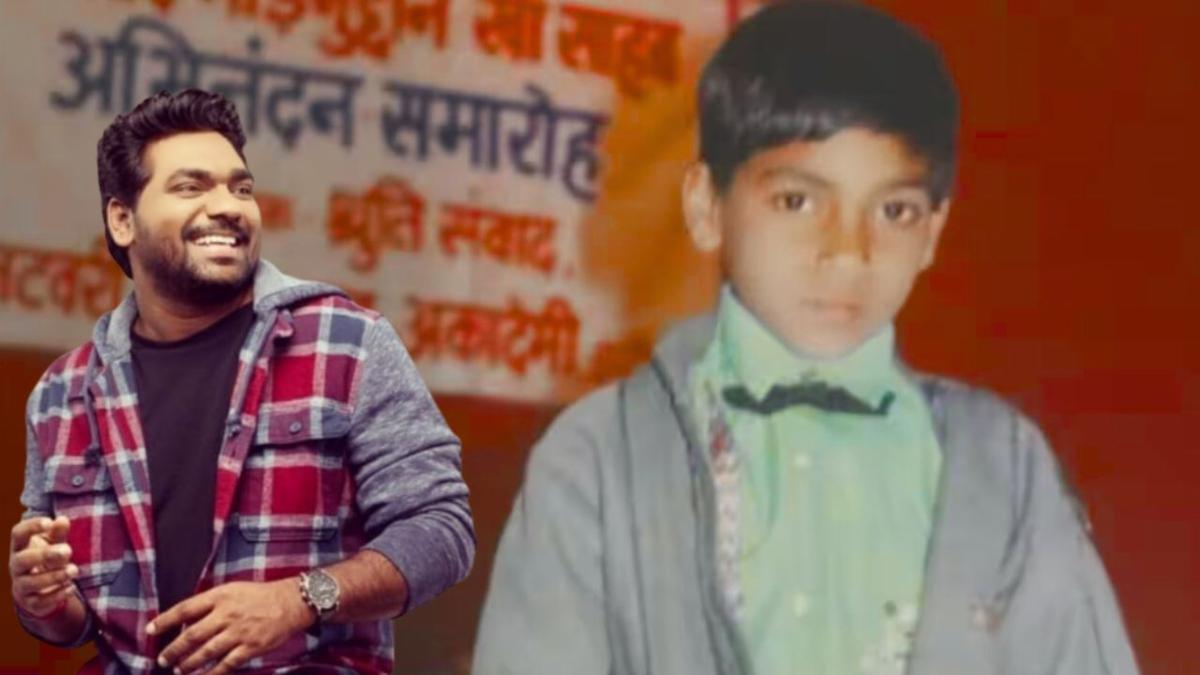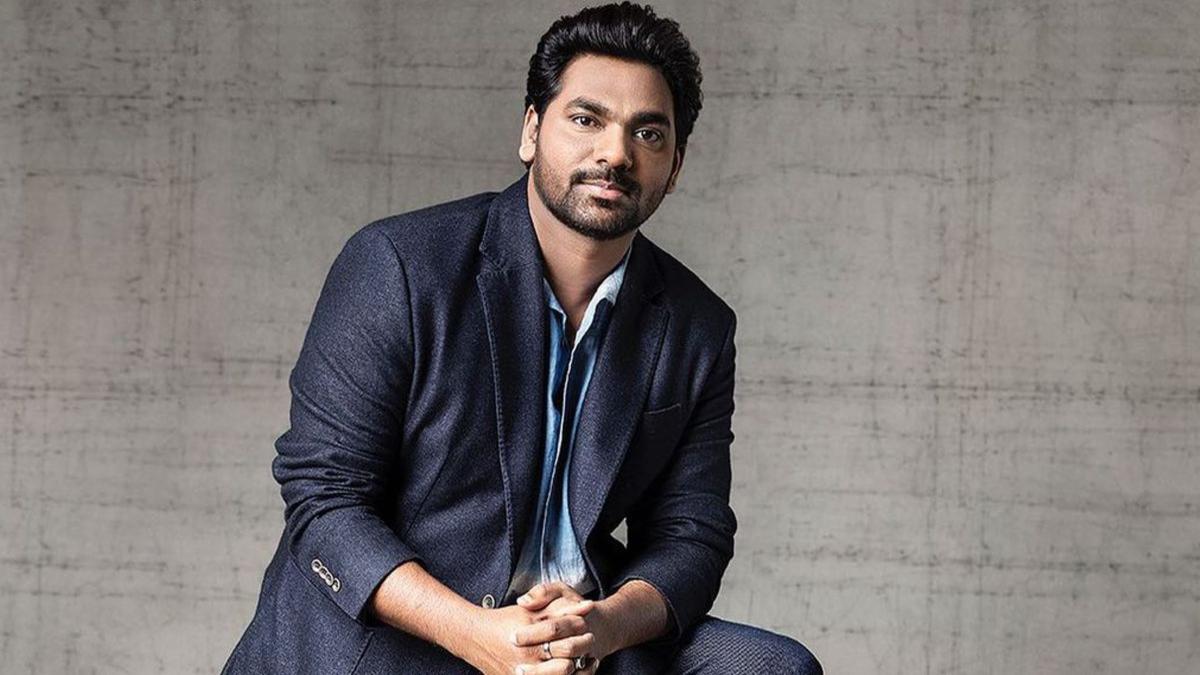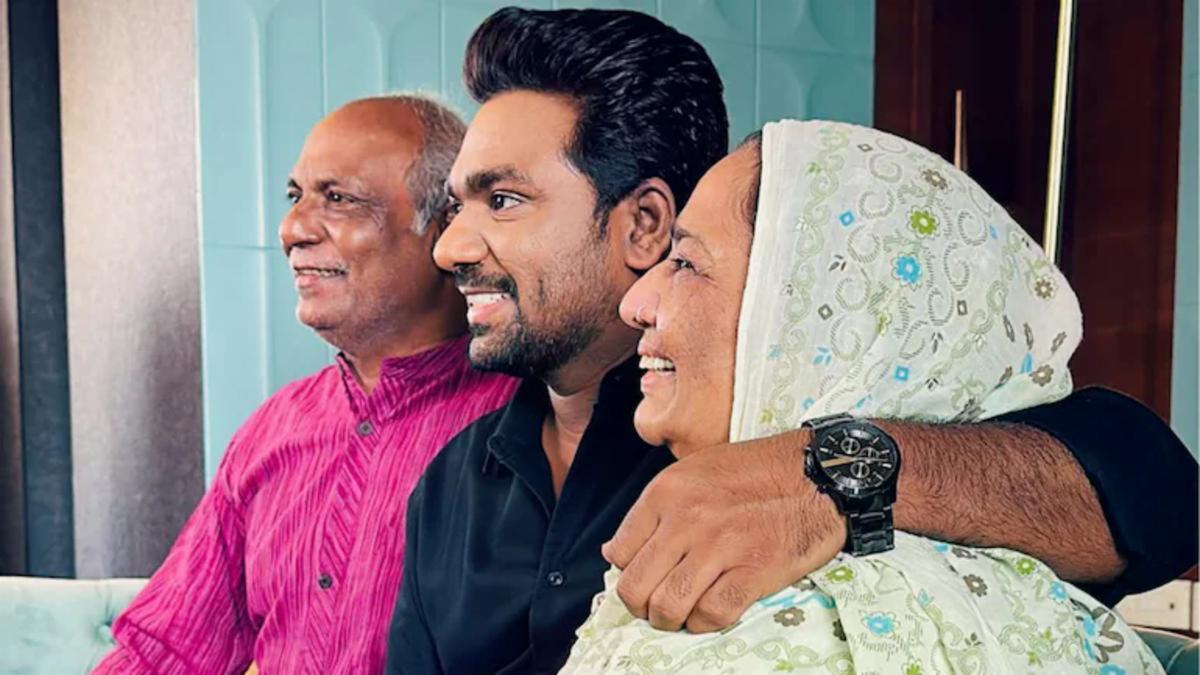Article Body
New Delhi, Aug 19 : In a country where satire and storytelling often reflect the realities of everyday life, Zakir Khan has emerged as a voice that millions find comfort in. Hailing from Indore, Madhya Pradesh, Khan has transformed from a small-town music student into one of the most recognized faces of Indian stand-up comedy. His journey is not just about laughter - it’s about resilience, relatability, and redefining entertainment for an entire generation.
Early Grounding in Indore’s Humble Corners
Born into a family that placed immense value on art, Khan initially set his sights on music. His father, a music teacher, instilled in him a love for rhythm and storytelling. Before audiences knew him as the “Sakht Launda,”

He was a boy learning classical chords on the sitar, balancing the demands of middle-class life with daydreams of creative expression. His small-town upbringing became the lens through which he later narrated stories of awkward teenage crushes, heartbreaks, and the eccentricities of middle-class India.
From Notes to Punchlines
Rather than being a detour, music shaped Khan’s sense of timing. At the Delhi-based Zakir Hussain College of Music, he might have pursued proficiency in the sitar, but it was his natural wit that stood out among peers. Friends admired his humor long before audiences paid for tickets. Comedy became the canvas where he merged rhythm with narrative pauses - the same discipline music had taught him.

2012: The Break That Sparked a Movement
The Indian stand-up scene was still an emerging industry in 2012 when a relatively unknown Zakir Khan clinched the title of Comedy Central’s India’s Best Stand-Up. At a time when most comedians struggled to find cultural ground between English punchlines and Bollywood mimicry, Khan’s honest stories resonated. His humor wasn’t about shock or speed - it was about heartbeats, silences, and the raw awkwardness of growing up.
That victory did more than crown a winner; it introduced a new kind of comedy to Indian audiences - one that was deeply personal yet universally funny.
Building the “Sakht Launda” Persona
Over the years, Khan developed a signature identity: the emotionally armored young man who resists romantic vulnerability - the “Sakht Launda.” Beyond being a catchphrase, it became a cultural emblem for millennials navigating heartbreak with humor. His sketches on small-town struggles, overprotective parents, and the absurdities of growing up middle class struck a rare emotional balance - comedy wrapped in honesty.

The Specials That Cemented His Legacy
Khan’s first full-length special, Haq Se Single (2017), became a runaway success on streaming platforms, not just for its laughs but for echoing the loneliness of urban singles. Instead of mocking heartbreak, he dissected it gently, with humor becoming therapy.
He followed it up with Kaksha Gyarvi (2018), a nostalgic flashback to his childhood that reminded audiences of school benches, forgotten first loves, and innocent mischiefs. By 2022, his special Tathastu showcased a matured storyteller - one who could bring audiences to tears while speaking about family, loss, and his late grandfather, proving that comedy, at its best, is also about humanity.
Why Zakir Khan Matters Today
In just over a decade, Zakir Khan has achieved what few comedians in India have managed: turning colloquial storytelling into a national movement. His journey reflects the aspirational arc of every small-town dreamer - someone who carries the weight of modest roots while daring to reach the biggest stages.
But more than fame, his true victory lies in community. College students, working professionals, and families alike quote him in everyday conversations, finding in his humor a voice that feels like “one of us.”


Comments